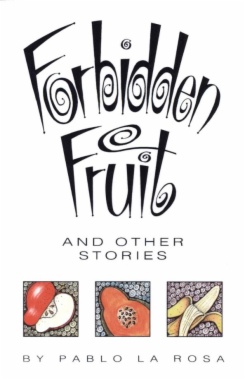

In masterful tales of coming of age and becoming marginalized during the Cuban Revolution and its aftermath, Pablo La Rosa nostalgically looks back at a childhood spent by the seaside and creates a mosaic of poignant experiences seen through the glaring lens of race and exile. Neither the advantages of race or education, however, can exempt the disoriented protagonist from their perceived loss of homeland, integrity, identity.
In the masterful “El Marielito,” La Rosa captures the bewilderment of a black man, marginalized by his race and circumstances in pre and post revolutionary Cuba and during his exile in the United States. Equally on the margin in spite of the advantages of education and race, a Cuban college student can relate only to a Russian janitor; though they share no common language they wordlessly share a longing for their lost homelands.
La Rosa exhibits a penchant for the whimsical and experimental in homage to Latin American masters Jose Donoso, Carlos Fuentes, and Julio Cortázar. His stylistic journey takes us from the magically real to psychological suspense and adventure. La Rosa’s masterful pen captivates our imagination and projects the reader into the souls of his characters.